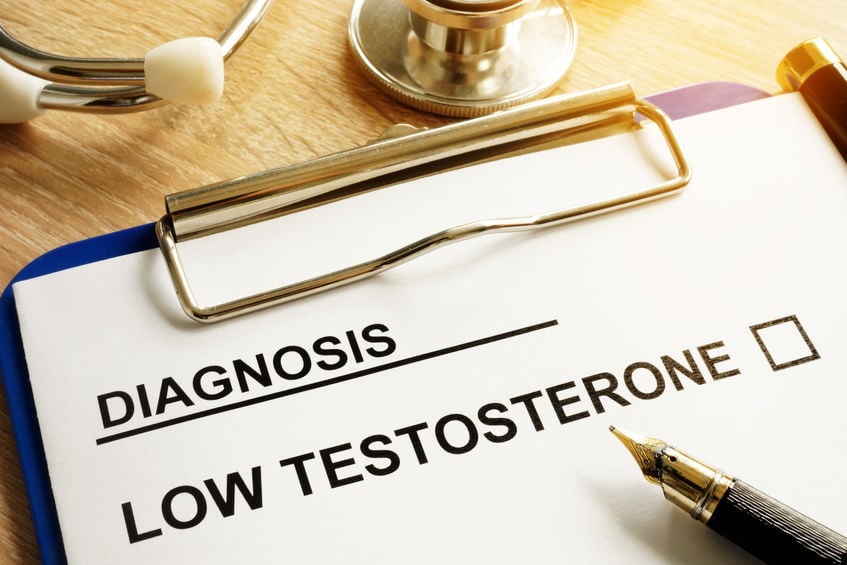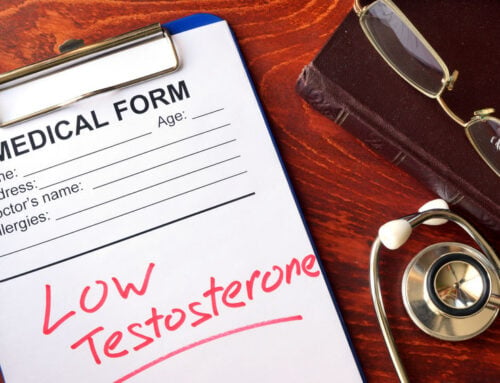Hormones And Aging: What’s Normal?
In both men and women, aging brings hormonal changes. Some of these changes are normal and expected. In some people, these changes can bring uncomfortable symptoms like low sex drive, loss of muscle mass, and weight gain. For men, low levels of testosterone may be treated with testosterone replacement therapy (TRT).

What is TRT?
Men naturally produce less testosterone with age. Research has shown that testosterone levels decrease by 1-2% every year after the age of 30. Hormone therapy for me also called androgen replacement therapy, is a way to regulate male hormones to help replace diminished testosterone levels. Some signs of low testosterone can include low sex drive, trouble sleeping, erectile dysfunction, loss of muscle and bone density, and unexplained weight gain in the belly area.
How is the treatment given?
The administration of TRT will depend on the treatment chosen. Testosterone replacement products come in numerous forms from daily to monthly dosing. TRT comes in the form of pills, patches, injections, topical creams, or even rubbed on the gums twice daily.
Who is a good candidate?
Men who have lower than expected levels of testosterone and experience significant symptoms may want to consider TRT. Some of these major symptoms include sexual dysfunction and extreme fatigue. While aging and obesity are common factors for lower testosterone levels, low T can also be an indication of pituitary function. Before beginning TRT, a healthcare provider will run a panel of tests to determine the cause of low T. Often simple lifestyle changes will improve symptoms, such as weight loss, more rest and an improved diet. If these lifestyle changes don’t alter testosterone levels and all pituitary function are normal, TRT may be a consideration for an improved quality of life
Questionable candidates
TRT can pose some risks for certain men. Men who have had prostate or breast cancer may be advised against the treatment. However, some experts say that men who have been successfully treated for prostate cancer may still be candidates for hormone therapy if closely monitored. This is a topic that continues to be researched. Physicians may also advise against the treatment for men with obstructive sleep apnea (OSA), congestive heart failure (CHF) or red blood cell counts that are above average.
Don’t let hormones interfere with life
Aging brings some natural hormonal changes. These changes shouldn’t interfere with daily life. If low testosterone levels are bringing significant and uncomfortable changes, talk to a physician about TRT. A healthcare provider can determine who is a good candidate for the treatment.




